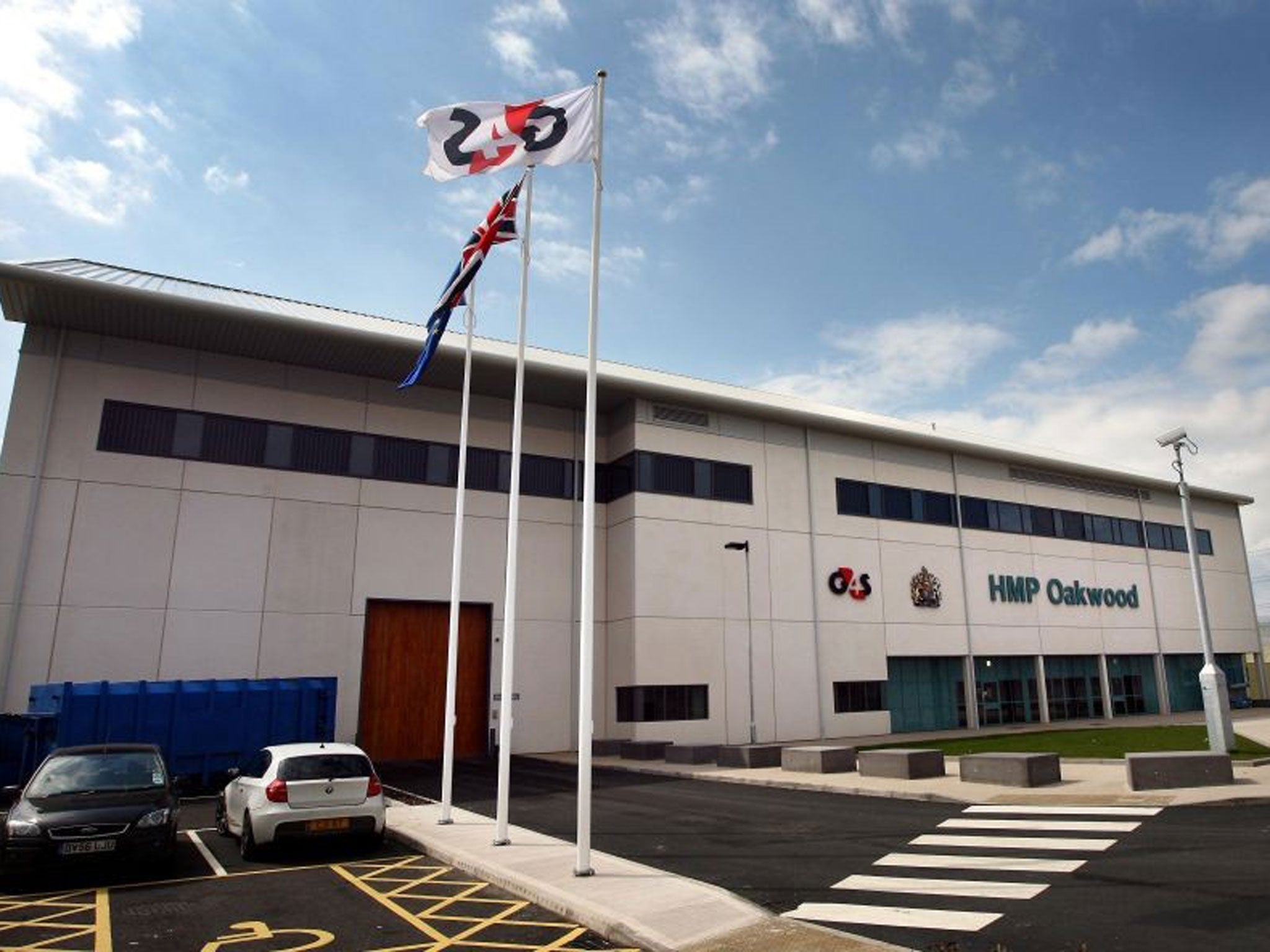Failure of private prisons must force a rethink
It seems wrong for elements of state coercion to be run for private profit


Your support helps us to tell the story
From reproductive rights to climate change to Big Tech, The Independent is on the ground when the story is developing. Whether it's investigating the financials of Elon Musk's pro-Trump PAC or producing our latest documentary, 'The A Word', which shines a light on the American women fighting for reproductive rights, we know how important it is to parse out the facts from the messaging.
At such a critical moment in US history, we need reporters on the ground. Your donation allows us to keep sending journalists to speak to both sides of the story.
The Independent is trusted by Americans across the entire political spectrum. And unlike many other quality news outlets, we choose not to lock Americans out of our reporting and analysis with paywalls. We believe quality journalism should be available to everyone, paid for by those who can afford it.
Your support makes all the difference.Party conference season has exposed a giant rift between our three largest parties and the views of the general public. A recent survey for the Fabian Society found that 67 per cent agree that “Britain’s recent problems have exposed fundamental problems with the way our economic system works”. A survey out yesterday from the new think tank We Own It showed that 46 per cent are more likely to vote for a political party that promotes public ownership of public services instead of outsourcing and privatisation by default.(Only 11 per cent were less likely to vote for them.)
Put simply, the public clearly “get” that our current approach to the economy and specifically to the provision of public services – the Thatcherite legacy of neoliberalism, privatisation and outsourcing – has failed. Talking to people up and down the country, it’s clear that a majority understand, all too often from bitter personal experience, that services are being handed over to companies with one skill, that of bidding for contracts. The public understand this is a model built around shovelling public money into private hands, while cutting the quality of services and grinding day the pay and conditions of staff.
There’s a lot of competition – railways, the NHS, water and energy companies — but nowhere is the failure of the model more evident that in our private prisons, where the latest revelation is that in the largest, HMP Oakwood, drugs are “easier to get than soap”. One in seven prisoners say that they developed a drug habit while at the prison. On the four main tests, safety, respect, purposeful activity and resettlement, it got either the lowest or second-lowest rating.
The managing director of G4S Custodial and Detention Services – yes, that’s right, the same people who left it to the army to provide security at the Olympics, when they didn’t so much drop the ball as bury it in a muddy swamp of mismanagement – explained that it was really difficult to open a large new prison.
No doubt it is. But they took on the contract and promised to deliver. Clearly they have failed – and they either need to spend a whole heap of money employing more experienced, skilled and qualified staff to sort it out, or hand back the contract.
It’s no wonder that the PCS Union has a big petition, which I’ve been very happy to sign, calling for an independent review of the impact of privatization of prisons. Talking to PCS members, they’re understandably confident that it would show that on prisoner welfare and true costs, publicly owned and publicly run prisons offer better value than private providers.
The PCS also makes the point, with which the Green Party very strongly agrees, that there is a critical moral question about handing over state punishment for the making of private profit. Indeed, I’d go further and say that the coercive power of the state- whether it is military, policing, border or similar functions - should never be put in private hands.
The PCS, representing 5,000 staff whose employment is threatened by the continuing privatization push, driven by political ideology and administrators with bad MBAs incapable of seeing their model has failed, understand that it’s time to move on from privatization. The public understands it. When will most of our political class?
Join our commenting forum
Join thought-provoking conversations, follow other Independent readers and see their replies
Comments